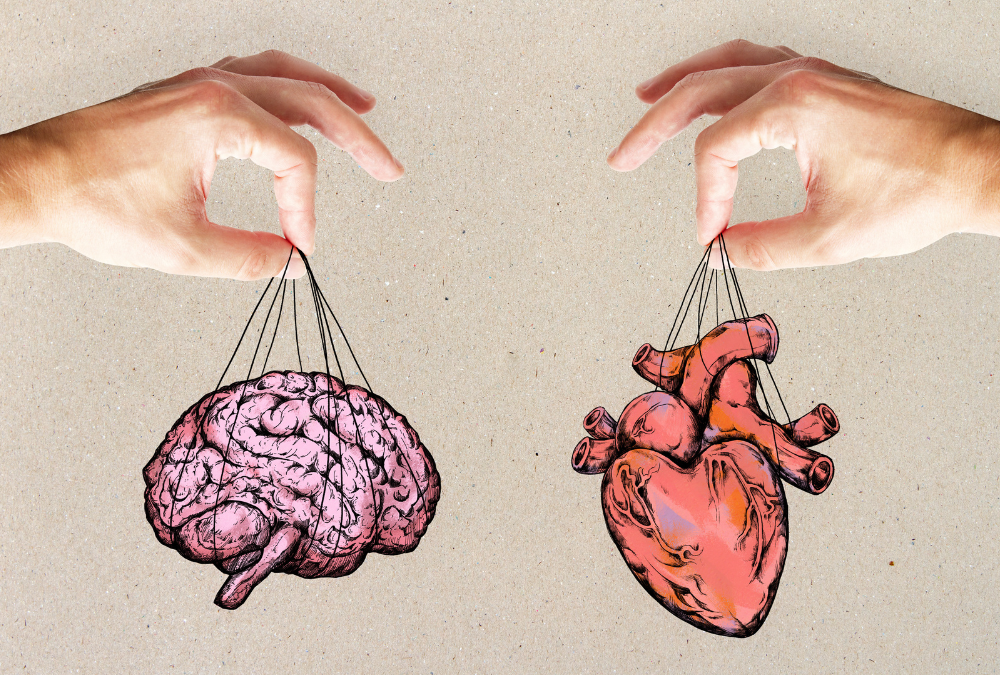February is American Heart Month—which means it’s the perfect time to talk about the connection between your mental well-being and your heart. While diet and exercise play an important role, your emotional health can also significantly impact cardiovascular function. Conditions like chronic stress, anxiety, and depression can put strain on your heart, increasing the risk of high blood pressure, heart disease, and other serious health concerns and issues.
At Trauma Healing NW, we take a holistic approach to wellness, addressing both the mind and body. Through neurofeedback, EMDR, and exposure therapy, we help regulate the nervous system, lower stress responses, and promote emotional balance—some key components for mental health and heart health.
How Mental Health Affects the Heart
1. Stress and Blood Pressure Surges
Prolonged stress triggers the release of excess cortisol and adrenaline, keeping your body in a heightened fight-or-flight mode. Over time, this can result in:
- Elevated blood pressure
- Increased inflammation
- Higher risk of strokes and heart disease
Neurofeedback helps the brain regulate stress responses, allowing for better nervous system balance and reducing cardiovascular strain.
2. Anxiety and Cardiovascular Risks
When anxiety spikes, you may notice a racing heart, shallow breathing, or even chest tightness. Left unchecked, chronic anxiety can contribute to:
- Irregular heart rhythms
- Elevated heart rate and palpitations
- Higher risk of long-term heart conditions
At Trauma Healing NW, our neurofeedback therapy helps train the brain to calm excessive neural activity, reducing anxious responses and supporting long-term heart and nervous system health.
3. Depression’s Impact on Heart Health
Depression isn’t just an emotional struggle—it also affects your physical body in ways that can increase heart disease risk, including:
- Lower motivation for movement and exercise
- Disrupted sleep patterns
- Unhealthy lifestyle habits
- Chronic inflammation
By using EMDR, neurofeedback, and exposure therapy, we help individuals regain emotional balance, build resilience, and foster motivation for healthier habits—key factors in maintaining both mental and cardiovascular wellness.
How Trauma Healing NW Supports Heart & Mind Health
Our evidence-based therapies work to:
- Regulate the nervous system for reduced stress and anxiety
- Improve sleep, which is essential for heart function
- Support emotional stability and cognitive clarity
- Promote long-term resilience for overall well-being
When the mind is in balance, the heart follows. Our non-invasive therapies help reset brainwave patterns, making it easier for your body to function optimally and reduce cardiovascular stress over time.
A Strong Mind, A Strong Heart
Your mental and emotional health are directly tied to your heart’s well-being. If you’re feeling stressed, anxious, or overwhelmed, now is the time to prioritize your health.
Take the first step today and schedule a consultation with Trauma Healing NW to explore how neurofeedback, EMDR, and exposure therapy can support both your mind and your heart. Your well-being matters—let’s build a healthier future together.

